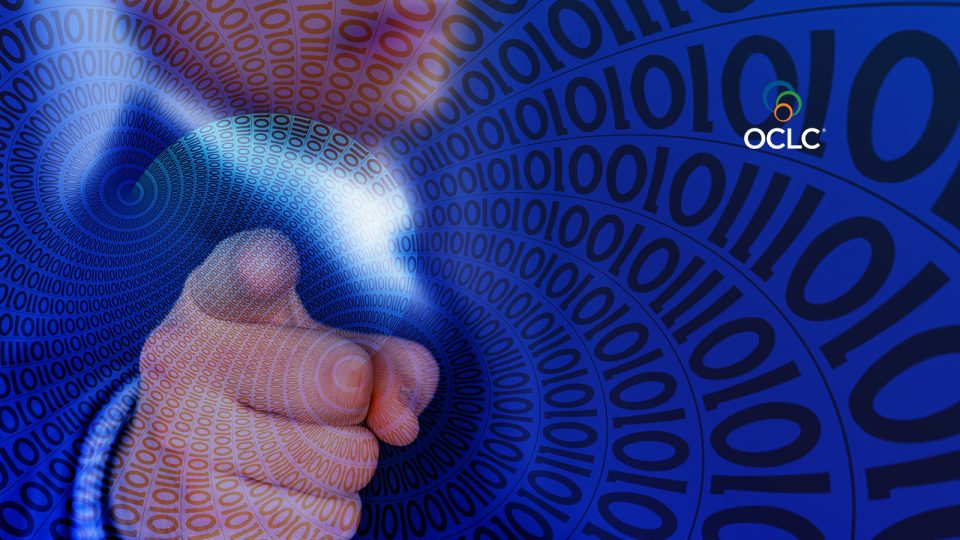OCLC adds WorldCat Entities identifiers to WorldCat records and integrates linked data functionality into cataloging services already used by libraries
OCLC, the worldwide leader in library cataloging and metadata services, is developing linked data services, products, and datasets that provide the descriptive resources needed to curate data at scale and across workflows. This work connects library resources to the knowledge streams that inform our everyday lives.
Recommended: Reviewing Major Cybersecurity Attacks and Resilience Strategies
WorldCat bibliographic records are now enriched with WorldCat Entities uniform resource identifiers (URIs), establishing a bridge between MARC data and linked data—connecting data across local systems and workflows. Current cataloging applications have been and will continue to be enhanced to add valuable linked data elements into existing workflows. And new, innovative services will be rolled out later this year to further enable libraries to manage and integrate linked data at a pace that’s right for them.
“OCLC’s approach to collaborative management of library data at scale has been successful for more than 50 years, supporting library practices, ethics, and values while advancing new technologies, services, and expertise,” said Skip Prichard, OCLC President and CEO. “Successful incorporation of linked data into widespread library practice will require a stable and scalable infrastructure. With WorldCat as the foundation, we can better translate today’s data formats into linked data and integrate that linked data into the workflows of thousands of libraries around the world.”
As libraries continue to focus on new ways to facilitate the creation and sharing of knowledge, and as the volume and variety of information increases, metadata and metadata expertise are more important than ever. The move to linked data expands librarians’ role as knowledge workers to enhance discovery. It also embeds the library more deeply in knowledge creation and sharing on campus and in the community.
Recommended: CIO Influence Primer on Data Integration: Definition, Key Techniques, Tools and Examples
Evolving library data into linked data allows unique, valuable library metadata to be represented in other sources on the web, through smart devices, and for use in technologies like artificial intelligence (AI). OCLC has the infrastructure, tools, and community-informed expertise to support libraries through this metadata transformation.
“Any replacement of MARC-based cataloging with linked data services will take time and careful evaluation,” said Gina Winkler, OCLC Executive Director, Metadata and Digital Services. “We’re in a unique position to partner with libraries at every step. Our approach is inclusive and supports libraries moving at a pace that works for them.”
Recommended: 10 Things You Should Know About the Modern Data Infrastructure Dynamics in 2023
[To share your insights with us as part of editorial or sponsored content, please write to sghosh@martechseries.com]


